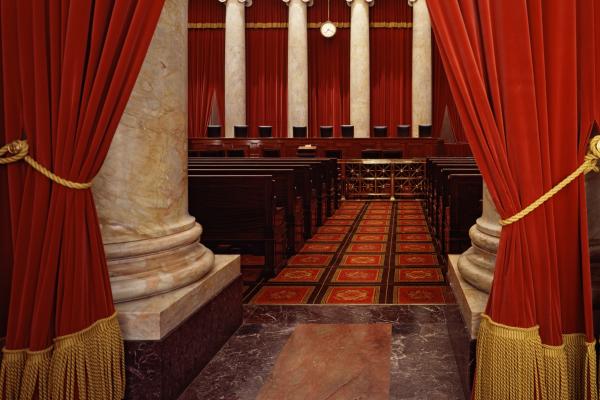Jun 23, 2016
"The race-conscious admissions program in use at the time of petitioner’s application is lawful under the Equal Protection Clause," said the court.
Read the Full Article

Already a subscriber? Login

"The race-conscious admissions program in use at the time of petitioner’s application is lawful under the Equal Protection Clause," said the court.
